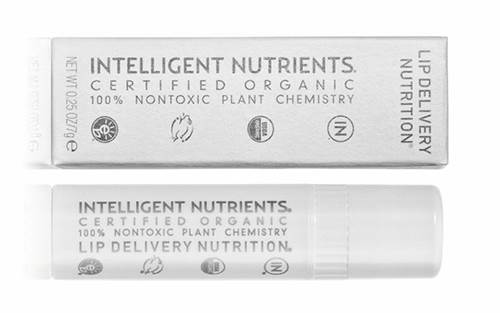
These days, it can be difficult to know what you are actually purchasing, unless you happen to have extensive experience with organic chemistry. Although it seemed that going organic would simplify your purchase options, you’re discovering that’s far from the case. So how do you know that what you’re buying is what you want, especially when it comes to organic skin care products?
It often seems as if manufacturers take their commitment to quality organic ingredients less seriously when their products aren’t food products. But as many of us are discovering, especially in regard to cosmetic products, that what you introduce to your system still matters, even when it’s going on your face and not in your mouth.
Misuse of the Term ‘Organic’
The term organic is frequently misused by companies and often misunderstood by consumers. Organic refers, by strict definition, to any product relating to or derived from living organisms. So, what does it mean that a product is organic, and when it is not?
While the modern idiomatic use of the term in the United States has come to signify that an organic product is derived from ingredients and practices that are sustainable and environmentally friendly, however, with body care products, the term is misused. It may be applied to a number of products that actually contain harmful chemicals. If these products were intended as food, such a negligent attitude would never be permitted, right? Technically, no, but in actuality, it happens all the time.
Is it Truly Organic?
How can you ensure that what you’re buying is truly organic? In the United States, organic products can be paid to be certified by the U. S. Department of Agriculture (USDA), which accords them with the right to put a “certified organic” seal on their products. This is not, however, a foolproof method for determining with items are actually organic for several reasons.
First, some companies opt not to be certified, even when their products meet or exceed the standards delineated by the USDA. As well, as we discussed above, companies often abuse the term in order to obtain a slice of the profit pie that consumers concerned about organic products represent. It’s a matter of public record that the USDA and some accredited certifying officials were knowingly permitting the labeling of products as organic, when they actually weren’t.
How about ‘Organic Skin Care’ Products?
What can you do to avoid specious claims of organic quality when shopping for organic skin care products?
First, investigate the company’s reputation, especially if they make claims of a history of commitment to organic production methods or ingredients. Don’t stop there though. Look at the ingredients listing. Don’t be frightened off by complex words in tiny print. Many natural and organic ingredients are often listed using their scientific names; botanical elements can also be listed under their binomial nomenclature.
As well, organic skin care products often contain mineral-rich inorganic clays for their purifying effects. These are often completely naturally occurring but are not, strictly speaking, “organic” because they do not originate with living creatures. They are a product of the soil cycle. If you’re in doubt about an ingredient, either write it down to research when you go home, or use your phone to access a search engine on the spot.
The next thing you’ll want to look at is how many ingredients are listed. The fewer ingredients a company uses, the less likely it is to contain harmful chemicals.
The best tool to determine whether an organic skin care product meets an acceptable level of purity for your standards is, of course, your brain. Read your labels, talk to people and compare advice, and carefully research the ingredients you can’t identify.
Vivian Han is a health and wellness coach in Singapore. She provides consultation and advice to individuals seeking more natural alternatives, and recommends looking at a line of organic products by myLIFEINC, curated by leading organic experts in Singapore.
Leave a Reply